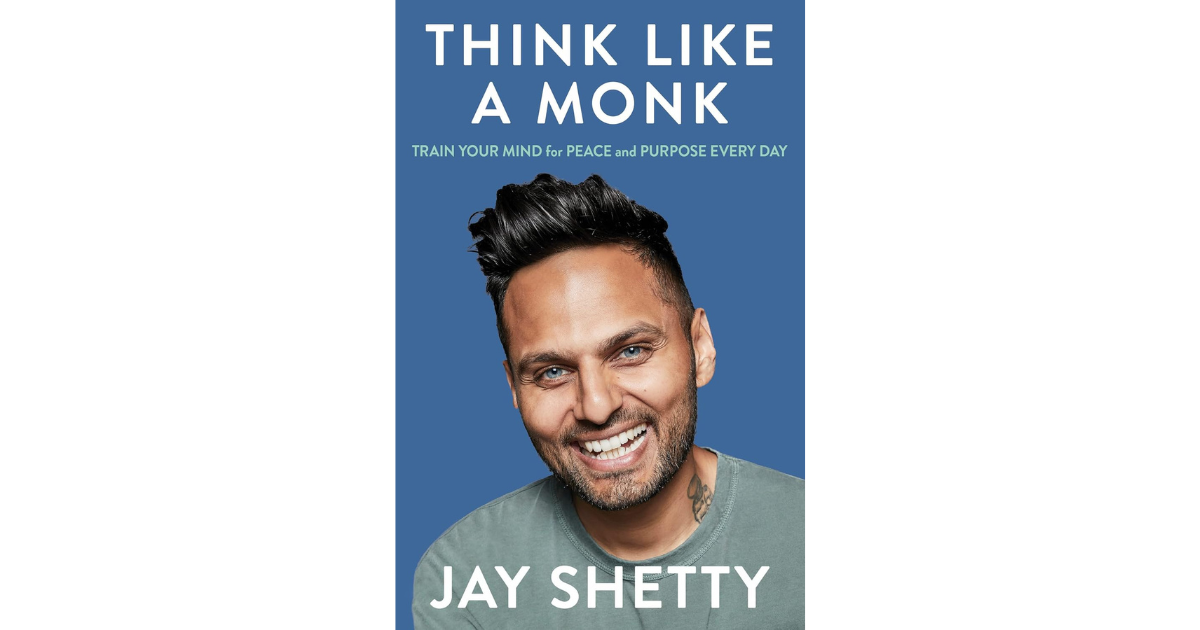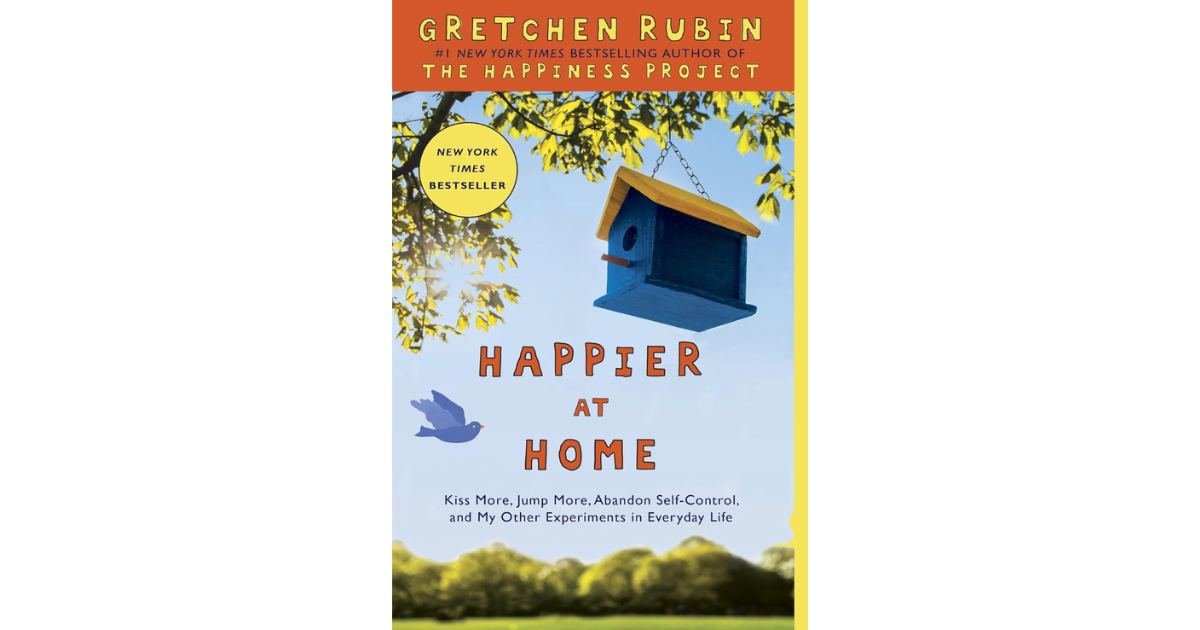Business Book Review: The Daily Stoic by Ryan Holiday and Stephen Hanselman
The Daily Stoic will show you how ancient-world wisdom might be your key to modern-day mindfulness.
My Rating: ★★★★★
Length: 416 pages
Publisher: Portfoilio
Released: 2016
Key Takeaways for Personal Branding
The Daily Stoic by Ryan Holiday and Stephen Hanselman is a masterful curation of the best of stoicism. Even more brilliant than it’s modern-day analysis of the ancient philosophy is its delivery.
Each chapter is aligned to a date of the year. Making it not only a thought-provoking and inspiring read, but one invaluable for practical personal growth.
Whether an intentional act of genius or accidental outcome, the book makes for the perfect Christmas gift for friends, colleagues and clients. Or simply pick up from whatever date it is, as each chapter is written for complete standalone value.
There are 365 invaluable takeaways to choose from. But here, are just some of my favourites:
CLARITY - Your ‘Circle of Control’
The first chapter - Clarity is the most important for understanding Stoicism:
“ The single most important practice in Stoic philosophy is differentiating between what we can change and what we can’t. What we have influence over and what we do not.”
“The chief task in life is simply this: to identify and separate matters so that I can say clearly to myself which are externals not under my control, and which have to do with the choices I actually control. Where then do I look for good and evil? Not to uncontrollable externals, but within myself to the choices that are my own …” EPICTETUS, DISCOURSES, 2.5.4-5
Stoicism proposes that the wise person knows what’s in their circle of control and what’s not. And it’s staggeringly simple to summarise:
"According to the Stoics, the circle of control contains just one thing: YOUR MIND.”
ACCEPTANCE - Detachment
The Stoic’s also warn against the dangers of attachments - things outside of your control:
“Attachments to an image you have of a person, attachments to wealth and status, attachments to a certain place or time, attachments to a job or to a lifestyle. All of those things are dangerous for one reason: they are outside of our reasoned choice. How long we keep them is not in our control.”
From a personal brand perspective, it’s worth remembering if you feel an attachment to your current role, title, workplace or business.
The alternative is to instead practise detachment to anything outside of your control.
VIRTUES AND KINDNESS - Honesty?
Applying the book to personal branding, authenticity comes to mind. It’s so often the buzzword of the industry. I’ve personally always felt it not even worth the discussion as it should be the default. I also see ‘honesty’ so often placed as the centre of my personal brand coaching client’s core values - one I always make a point to question. Which seems aligned with Stoic thinking:
“How rotten and fraudulent when people say they intend to ‘give it to you straight.’ What are you up to, dear friend? It shouldn’t need your announcement, but be readily seen, as if written on your forehead, heard in the ring of your voice, a flash in your eyes—just as the beloved sees it all in the lover’s glance. In short, the straightforward and good person should be like a smelly goat—you know when they are in the room with you.”
Problem-Solving - Walking
Aligning with one of my own favourite personal pastimes is the Stoics promotion of walking:
“Today, make sure you take a walk. And in the future, when you get stressed or overwhelmed, take a walk. When you have a tough problem to solve or a decision to make, take a walk.”
"As Nietzsche would later say: “It is only ideas gained from walking that have any worth.”
Right Action
The Stoics were proponents for routine and daily actions:
"We are what we repeatedly do,” Aristotle said, “therefore, excellence is not an act but a habit.”
They advocated for using daily habits to do more of what’s working and less of what’s not:
“If you want to do something make a habit of it, if you don’t want to do that, don’t, but make a habit of something else instead. The same principle is at work in our state of mind. When you get angry, you’ve not only experienced that evil, but you’ve also reinforced a bad habit, adding fuel to the fire.” EPICTETUS, DISCOURSES, 2."
Favourite Quotes
The average person somehow manages to squeeze in twenty-eight hours of television per week—but ask them if they had time to study philosophy, and they will probably tell you they’re too busy.
…relaxation like a poet—not idly but actively, observing the world around you, taking it all in, better understanding your place in the universe. Take a day off from work every now and then, but not a day off from learning.
Leisure without study is death—a tomb for the living person. (SENECA)
Some people looked at his size as a curse, but he saw it as a blessing. He found the advantages contained within it.
Have you ever been hopelessly losing a game that suddenly broke wide open and you won?
Don’t overdress your thought in fine language. Don’t be a person of too many words and too many deeds.
A degree on a wall means you’re educated as much as shoes on your feet mean you’re walking. It’s a start, but hardly sufficient.
Part of the reason we fight against the things that happen is that we’re so focused on our plan that we forget that there might be a bigger plan we don’t know about.
Your ancestors set up those trophies, not that you may gaze at them in wonder, but that you may also imitate the virtues of the men who set them up.
The Daily Stoic by Ryan Holiday and Stephen Hanselman: Available on Amazon.




